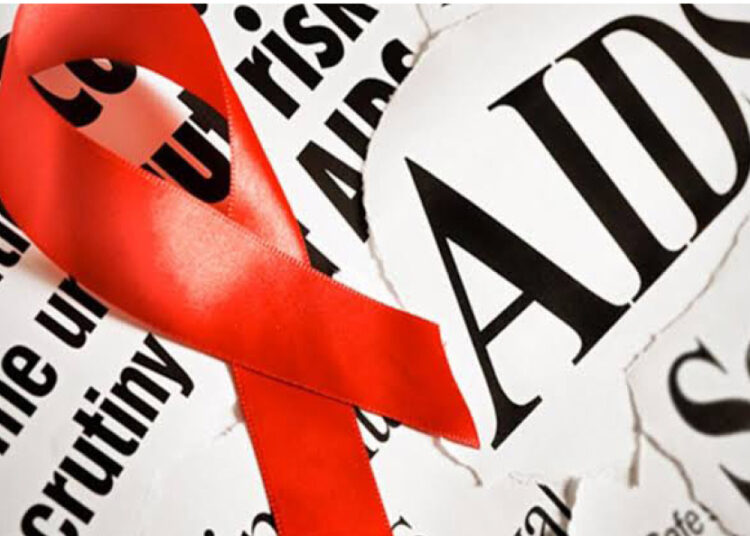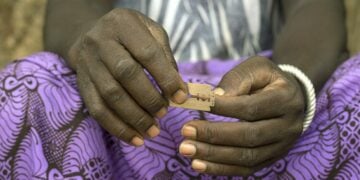United States (US) Centre for Disease Control and Prevention (CDC) has pledged continued support for Nigeria to scale up the use of Artificial Intelligence (AI)-enabled Portable Digital X-ray (PDX) machines for the early detection of tuberculosis (TB), particularly among people living with HIV.
The senior programme specialist for TB and HIV at CDC Nigeria, Dr. Flora Nwagagbo, stated this during a media roundtable in Abuja.
She said Nigeria remains among the countries with the highest TB burden globally, adding that 4.9 per cent of people living with HIV in Nigeria also have TB, which remains the leading cause of death in this group due to their weakened immune systems.
“TB is caused by Mycobacterium tuberculosis, a bacterium that spreads through the air when an infected person coughs, sneezes, or speaks. While it primarily affects the lungs, TB can also impact other organs, including the kidneys, spine, brain, and lymph nodes, she explained.
She emphasised the challenge of managing the dual epidemic of TB and HIV, as overlapping symptoms often lead to delayed diagnosis, more severe illness, and increased mortality.
Globally, an estimated 10.8 million people developed TB in 2023, with about 2.6 million undiagnosed or untreated, including 662,000 (6.1%) people living with HIV.
Nigeria recorded 467,000 new TB cases and 71,000 TB-related deaths in 2023 alone “Of the 467,000 TB cases reported in 2023, about 140,000 were among people living with HIV,” she stated.
Highlighting the importance of early screening, Dr. Nwagagbo said AI-powered PDX machines, along with rapid molecular diagnostic tools, are revolutionising TB detection, particularly in high-risk groups like people with HIV.
“These portable X-ray machines are effective at screening for TB, even in individuals who show no symptoms,” she said.
“People living with HIV often present atypical TB symptoms, making diagnosis difficult with traditional methods. AI enables faster and more sensitive image analysis, improving accuracy and reducing delays in initiating treatment, sh added.
She noted that the machines are especially useful in remote or underserved areas where trained radiologists are scarce. The AI component aids in interpreting X-rays onsite, removing the need for referrals or costly transportation to better-equipped facilities, she explained.
Dr. Nwagagbo said the U.S. CDC is working closely with the Nigerian government to ensure widespread deployment and effective use of the PDX machines. Support includes training health workers on screening, diagnosis, and treatment, mentoring on sputum sample collection, adherence follow-up, proper documentation, and continuous quality improvement.
Also speaking at the event, Team Lead at the National Tuberculosis, Leprosy, and Buruli Ulcer Control Programme (NTBLCP), Dr. Emperor Ubochioma, expressed appreciation to the U.S. CDC, implementing partners, and the media for their continued support in the fight against TB and HIV.
Represented by the Programme Manager for TB at NTBLCP, Dr. Shadrach Dimang, Ubochioma emphasised the need for awareness and media engagement in countering myths and misinformation surrounding TB and HIV.
He reiterated the importance of early diagnosis and treatment in halting the transmission of TB, especially in vulnerable populations.
Associate Director and Head of Clinicals at the Catholic Caritas Foundation of Nigeria, Dr. Onu Eugene, also attested to the effectiveness of the PDX machines in TB case detection.
“In one of our projects, we‘ve already started seeing positive results from using the PDX machine. We’re comparing current data to pre-intervention levels, and it’s clear that this technology is expanding our reach and improving TB detection in Nigeria,“ she said.





